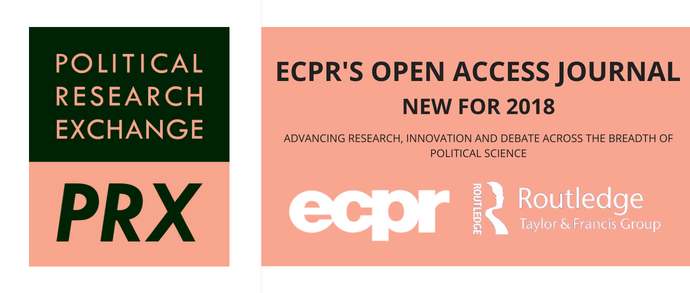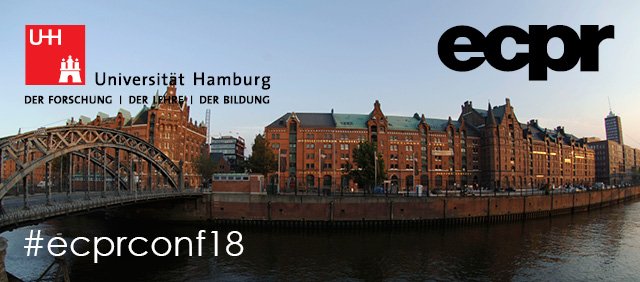I have recently been selected as one of the associate editors of Political Research Exchange (PRX), a new open access journal published by Taylor and Francis and sponsored by the ECPR. It is a great honour for me, and I am particularly excited because during my career I have become increasingly dissatisfied with ‘traditional’ paywalled academic journals.
There is a hard dilemma in the life of many researchers who share this feeling: you can choose to publish in open access journals, which often have no impact factor; or you can publish in traditional journals, who restrict access to knowledge to those individuals and academic institutions that can pay high fees for it. A problem not solved by the so-called gold open access (which requires the authors or their institutions to pay thousands of euros to grant access to everybody).

PRX is a bold experiment which, in my opinion, will challenge the status quo and, if imitated by others, might even change the current balance of academic publishing. On the one hand, it is published by a renowned academic publisher. On the other, the ECPR sponsorship allows the journal to have no fees for the first two years of activity, and very low ones later (at least for researchers belonging to an ECPR-affiliated institution).
Of course, I am aware that it is not a case of entirely free knowledge. However, it is a beginning, and I look forward to starting this new experience and learning from it.


